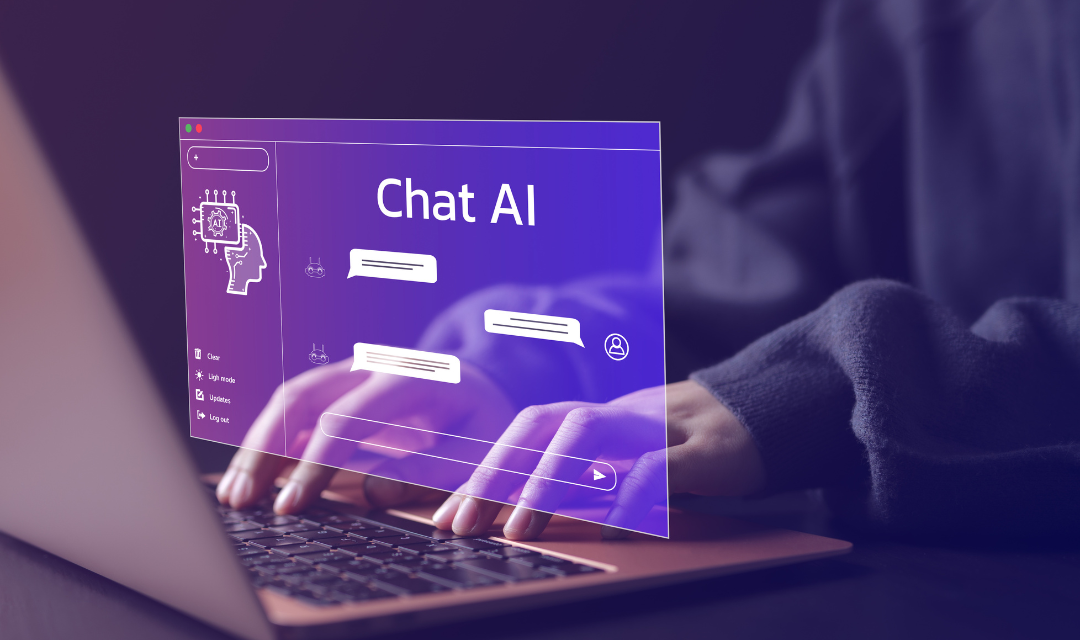One of the main reasons organizations choose to implement cloud ERP (Enterprise Resource Planning) systems is the ability to future-proof their business. But what exactly does it mean to future-proof your business, and how do cloud ERP solutions contribute to this goal? Let’s dive into the key ways cloud ERP helps organizations build a resilient and adaptable foundation for the future.
Table of Contents
ToggleDefining Future-Proofing in Business
Future-proofing refers to preparing your organization to adapt to changing market conditions, technological advancements, and evolving customer expectations without major disruptions. It’s about creating a business model that is scalable, agile, and resilient to unforeseen challenges. For most organizations, this means embracing innovation, standardizing processes, and leveraging data to drive decision-making.
How Cloud ERP Systems Enable Future-Proofing
Cloud ERP solutions are designed to address these needs through several critical capabilities:
1. Standardized Business Processes
One of the primary advantages of cloud ERP systems is their ability to enforce standardized processes across the organization. Unlike legacy systems that often allow for extensive customization, cloud ERP systems operate within a more structured framework. This standardization:
- Ensures consistent customer service and operational efficiency.
- Reduces the complexity of maintaining unique configurations across departments.
- Simplifies onboarding and training for employees.
However, this shift requires change management to help employees adapt to new workflows, a challenge that must be addressed as part of the implementation process.
2. Elimination of Technical Debt
Technical debt occurs when outdated systems become a liability due to their inability to meet modern business demands. Cloud ERP systems help organizations avoid accumulating technical debt by:
- Continuous Updates: Software vendors provide regular updates and improvements, ensuring your system stays current with the latest technology.
- Lower Maintenance Costs: The cloud model eliminates the need for extensive in-house IT resources to manage upgrades and patches.
By reducing technical debt, organizations can allocate resources to strategic initiatives rather than struggling to keep outdated systems operational.
3. Enhanced Integration and Innovation
Cloud ERP systems provide a flexible platform for integrating third-party tools and technologies. With robust APIs and integration capabilities, organizations can seamlessly connect their ERP systems to:
- Advanced analytics tools.
- Specialized industry applications.
- Internet of Things (IoT) devices.
This connectivity accelerates innovation and allows businesses to adapt to changing needs quickly, a key aspect of future-proofing.
4. Support for Artificial Intelligence (AI)
AI is becoming a cornerstone of modern business strategy, and cloud ERP systems are well-suited to leverage its potential. By centralizing data and standardizing processes, cloud ERP creates an environment where AI can thrive. This includes:
- Predictive Analytics: Gaining insights into future trends and customer behavior.
- Automation: Streamlining repetitive tasks to improve efficiency.
- Decision Support: Enhancing strategic decision-making with AI-driven recommendations.
Organizations with cloud-based systems are better positioned to adopt and maximize the benefits of AI technologies.
5. Robust Cybersecurity
In an era of increasing cyber threats, cloud ERP vendors invest heavily in cybersecurity measures, including:
- Data encryption and secure data centers.
- Continuous monitoring for potential vulnerabilities.
- Regular updates to address emerging threats.
While no system is entirely immune to breaches, the resources and expertise of major ERP vendors often exceed what most organizations can achieve independently, providing a more secure foundation for critical business operations.
The Business Case for Cloud ERP
Implementing a cloud ERP system is not just about adopting new technology—it’s a strategic decision to build a resilient, future-ready organization. By embracing cloud ERP, businesses can:
- Adapt to market changes with agility.
- Streamline operations and reduce costs.
- Innovate faster with advanced tools and integrations.
- Protect critical data and processes from cyber threats.
Prepare for the Future with Confidence
If you’re considering a cloud ERP implementation, it’s essential to approach the process with a clear strategy. Start by understanding your organization’s goals and challenges, and align your ERP choice with your long-term vision.
For more insights into the benefits of cloud ERP and how to navigate your digital transformation journey, check out Third Stage Consulting’s 2025 Digital Transformation Report. This comprehensive guide provides independent reviews of leading ERP systems and best practices to ensure a successful implementation.
Future-proofing your business starts with the right foundation. Cloud ERP systems offer the tools and capabilities to thrive in an unpredictable world—are you ready to take the leap?

How Can We Help with your Business Transformation
At Third Stage Consulting, we are passionate about empowering organizations to successfully navigate the complexities of digital transformation. Whether you’re embarking on a new transformation journey or aiming to optimize your current processes, our expert team is committed to providing comprehensive support throughout every phase. From initial strategy development to execution and beyond, we work closely with you to ensure that your transformation goals are met efficiently and effectively.





